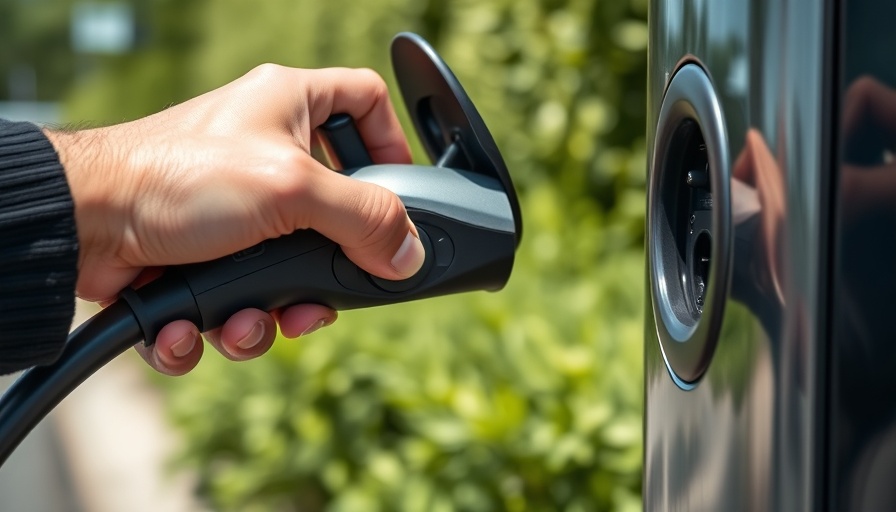
The Digital Deal Jacket Dilemma
In an era where technology facilitates streamlined operations across the automotive industry, the shift from paper to digital deal jackets raises urgent security concerns. Digital deal jackets—comprehensive records encapsulating every aspect of a vehicle sale—have the potential to simplify processes. However, they also pose significant risks when sensitive information is exposed to malice. Identity theft and financial fraud can wreak havoc not only on customers but also on dealership reputations. Ensuring the secure handling of these documents is thus non-negotiable.
Understanding the Vulnerability
The crux of the issue lies in the dramatic amounts of personal data stored within digital deal jackets. Information such as names, addresses, Social Security numbers, financial details, and even drivers' licenses are included. This powerful data soup makes it vital for dealerships to implement rigorous security measures. Alarmingly, a recent survey revealed that nearly 20% of dealership employees lack clarity regarding their identity verification processes. With such gaps in knowledge, the risk of sensitive information falling into the wrong hands increases exponentially.
The Need for Verification Technology
While some auto dealers are adopting technology to optimize their operations, many still miss crucial steps in securing customer identities. Most notably, just 6.5% have automated the scanning of drivers' licenses for inclusion in digital deal jackets— a stark indication of how far the industry needs to go. Utilizing verification technology not only validates identities but also checks for red flags against several databases including OFAC and DMV records. This comprehensive approach to customer verification is essential in today’s increasingly digital landscape.
Playing by the Rules: Compliance Matters
Dealerships are bound by a plethora of legal and regulatory requirements. Failing to comply can lead to severe penalties. A clear framework of internal procedures is necessary to ensure that security measures align with local laws and regulations. To safeguard customer data, dealerships must clearly document processes and train staff comprehensively. By adhering to compliance guidelines, dealerships not only protect their clientele but also fortify their business against potential legal repercussions.
Final Thoughts on Digital Security in Automotive Retail
The issue of securing digital deal jackets is not merely an operational improvement—it's a moral and legal responsibility. As technology continues to evolve, embracing these necessary security measures will foster not only trust but also a more resilient automotive market. It is imperative that dealerships take actionable steps towards safeguarding their digital assets for the benefit of their customers' well-being and their business integrity.
 Add Row
Add Row  Add
Add 




Write A Comment